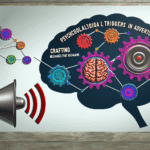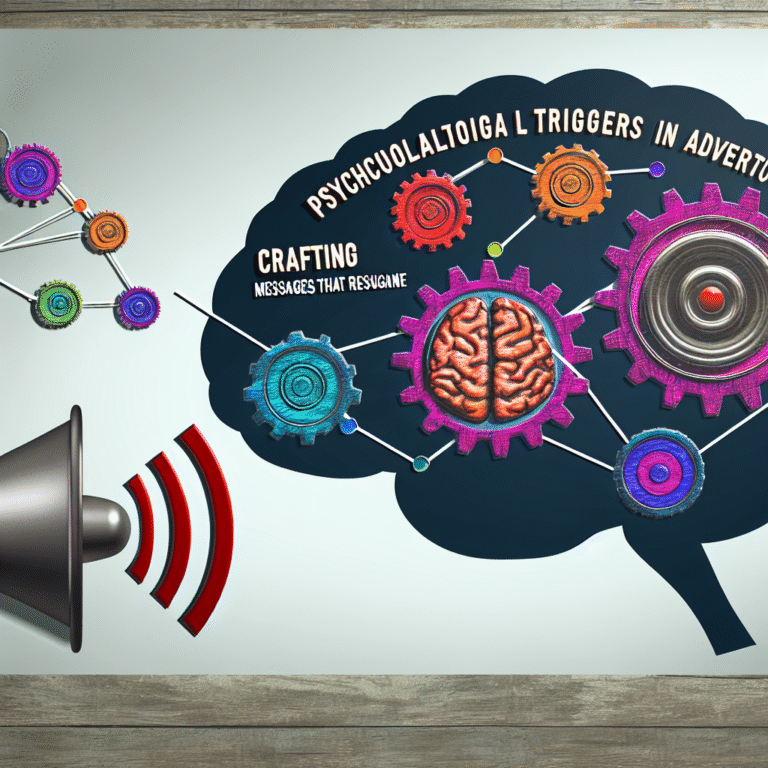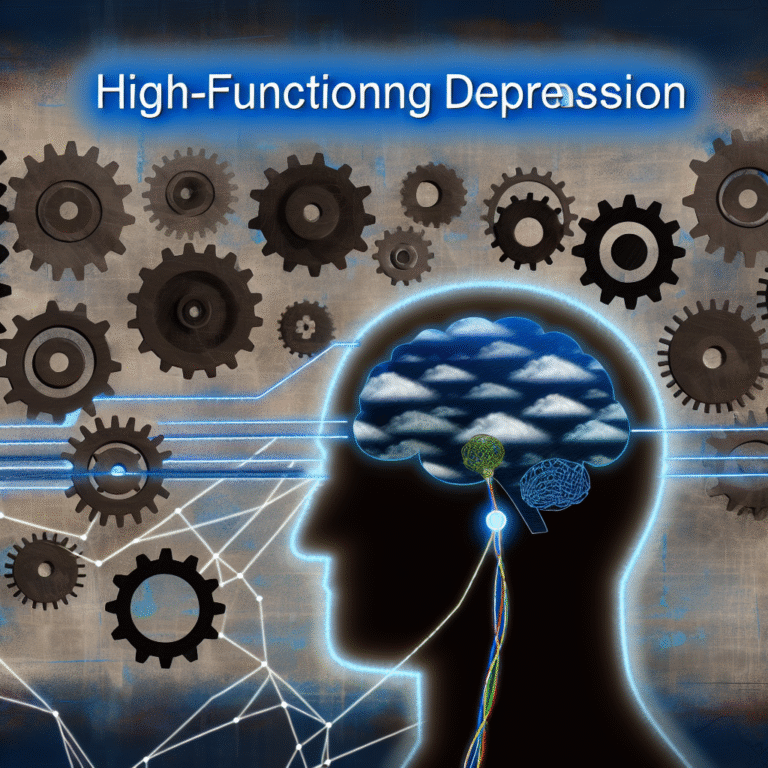
Introduction
In today’s fast-paced world, where stress and negativity often dominate our daily experiences, understanding the role of gratitude becomes crucial. Gratitude and Well-Being: The Positive Impact of Appreciation isn’t just a catchy phrase; it encapsulates a powerful practice that can transform our lives. Have you ever felt a sudden uplift in your mood simply by acknowledging something or someone you appreciate? This article delves into the profound effects gratitude can have on our well-being and the science behind it. From boosting mental health to enhancing relationships, the power of appreciation has far-reaching consequences.
Understanding Gratitude
Definition and Dimensions of Gratitude
Gratitude is much more than a simple "thank you." It’s an emotion that involves recognizing the help and kindness of others. Robert Emmons, a renowned psychologist, defines gratitude as "a felt sense of wonder, thankfulness, and appreciation for life." This multifaceted emotion can be grouped into a few dimensions, including:
- Affect: The emotional experience of feeling grateful.
- Cognition: The thoughtful recognition of the positive in one’s life.
- Behavior: The actions that stem from feeling grateful, such as expressing thanks.
The Science Behind Gratitude
Recently, researchers have tirelessly studied the effects of gratitude on our mental and physical health. One groundbreaking study published in the journal Psychological Science found that keeping a gratitude journal could substantially improve one’s overall well-being. Participants who regularly recorded things they were thankful for demonstrated higher levels of positive emotions.
Table 1: Summary of Scientific Findings on Gratitude
| Study/Source | Findings |
|---|---|
| Emmons & McCullough | Keeping a gratitude journal leads to increased happiness. |
| Sullivan (2017) | Gratitude practices result in reduced depression symptoms. |
| Wood, Froh, & Geraghty | Gratitude is correlated with higher life satisfaction. |
This data underscores the essence of Gratitude and Well-Being: The Positive Impact of Appreciation.
The Psychological Benefits of Gratitude
Enhancing Mental Health
Gratitude acts as a buffer against mental health issues, including anxiety and depression. Many psychological studies have shown that individuals who practice gratitude regularly report fewer anxiety symptoms and a more positive outlook on life.
Building Resilience
Finding gratitude even in adverse circumstances can foster resilience. When faced with challenges, those who can see the silver lining often bounce back more robustly. Gratitude and Well-Being: The Positive Impact of Appreciation manifests through strengthened coping mechanisms.
Case Study: Resilience through Gratitude
Consider the case of a veteran diagnosed with PTSD. He began keeping a gratitude journal, documenting moments of beauty and kindness he encountered daily. Over time, the quality of his life improved. His experiences illustrate the significant mental health benefits tied to gratitude practices.
Improving Self-Esteem
Studies indicate that gratitude can enhance self-esteem. By focusing on what we appreciate, we shift our focus from what we lack to the abundance that exists in our lives, significantly boosting self-worth.
The Social Benefits of Gratitude
Strengthening Relationships
One of the most compelling aspects of gratitude is its ability to foster deeper connections with others. Expressing gratitude can lead to stronger relationships, whether between friends, family, or colleagues. Being appreciative encourages an environment of acknowledgment and respect that enriches interpersonal connections.
Case Study: Workplace Gratitude
A tech company incorporated a "gratitude board" where employees could publicly thank one another. The result? Increased team spirit, collaboration, and overall job satisfaction. Employees reported feeling more valued, illustrating the profound connections fostered through appreciation.
Promoting Forgiveness
Gratitude may play a crucial role in fostering forgiveness. When individuals express gratitude for the good in their lives, they are better equipped to let go of past grievances. This attitude can lead to healthier relationships and improved emotional well-being.
The Physical Benefits of Gratitude
Enhancing Physical Health
The positive impact of appreciation extends beyond mental spheres into physical health. Those who practice gratitude consistently report fewer ailments, better sleep, and even lower blood pressure.
Table 2: Physical Health Impact of Gratitude
| Measure | Results |
|---|---|
| Sleep Quality | Increased quality due to improved outlook. |
| Immune Function | Reported higher immunity levels among grateful individuals. |
| Heart Health | Lower blood pressure linked to gratitude practices. |
Boosting Longevity
Several studies have hinted that gratitude may positively influence lifespan. Grateful people often lead healthier lifestyles, engage in more physical activity, and nurture more robust social connections—all contributors to longevity.
Practical Steps to Cultivate Gratitude
Start a Gratitude Journal
Keeping a gratitude journal is one of the simplest but most effective ways to cultivate gratitude. Dedicate a few minutes each day to jot down things you are thankful for. Over time, you’ll notice a shift in your overall perspective.
Express Gratitude
Make it a habit to express your appreciation verbally. Whether it’s a colleague, a friend, or a family member, acknowledging their positive impact not only benefits them but also amplifies your sense of well-being.
Meditative Practices
Incorporate mindfulness or meditation that focuses on gratitude. Studies suggest that mindfulness can enhance the effectiveness of gratitude practices, providing a dual benefit to mental health.
Group Activities
Engage in group gratitude exercises. Whether it’s during family gatherings or team meetings at work, shared gratitude can create collective positivity and reinforce relationships.
Conclusion
In our quest for happiness and fulfillment, the theme of Gratitude and Well-Being: The Positive Impact of Appreciation emerges as a guiding principle. The act of appreciating what we have fosters emotional resilience, strengthens relationships, and promotes physical health. It shifts our focus from negativity to a spectrum of positivity that is both rewarding and uplifting. As you incorporate gratitude into your daily life, you will not only transform your perspective but also inspire others to join in on this life-altering journey.
FAQs
1. What is gratitude?
Gratitude is an emotional response characterized by recognizing and appreciating the positive aspects of our lives and the kindness of others.
2. How does gratitude improve mental health?
Gratitude has been shown to decrease symptoms of depression and anxiety, enhance mood, and promote a more positive outlook on life.
3. How can I incorporate gratitude into my daily routine?
You can start by keeping a gratitude journal, expressing thanks verbally, or engaging in mindfulness practices centered around appreciation.
4. Can gratitude improve relationships?
Yes, expressing gratitude strengthens relationships by fostering connections and creating an environment of acknowledgment and respect.
5. Is there scientific evidence supporting the benefits of gratitude?
Yes, numerous studies indicate friends or family members improve mental and physical health, boost self-esteem, and enhance overall happiness.
Embracing gratitude as a fundamental practice can lead to countless benefits in your life—making Gratitude and Well-Being: The Positive Impact of Appreciation not just a theoretical concept, but a transformative lifestyle choice.

















